жЬ®жЫЬжЧ•, 5жЬИ 26th, 2011...8:42 AM
Tea making experience “Inokura tea garden”
Reading time: About 7 minutes
Tea making experience “Inokura tea garden”Nara prefecture is known for the land of the origin of JapanвАЩs tea.
About an hour drive from the center of Nara city where the Toudaiji and Koufukuji are built, is Tsugigase area famous for its prune also famous for its growing area of Japan tea.
The tea garden that was awarded for being first ranked in the 2010 all Japan tea exhibitions (green tea division), is in Tsukigase. It is the Inokura tea garden.
The tea that ranked first is called Hakabuse tea, it is called the Kabuse tea due to having to cover it from sunlight 10 days before harvest.
This time, I received an opportunity to handle the best Kabuse tea that was grown in the Inokura tea garden.
In Inokura tea garden is located from Nara city center about an hour by bus. When you see a tea plantation on the slope of a mountain there already is Tsukigase area, the edge of the prefecture road is where our destination is; arriving to Inokura tea garden. First we are surprised by the enormous tea plantation. The land area is an estimate of 700 hectors, it is about 2.5 times the size of the other tea gardens in the surrounding areas.
Soon after the bus arrives, we hear a lecture about the tea making steps.
The part of the tea leaf that is used for the tea in the exhibition, is only the first 5 centimeters of the leaf called вАЬIsshin NiyouвАЭ.
So the cut part does not oxidize we cannot pick with our nails. It is also strictly restricted with using hands that have fragranced cosmetics.
The head of the Inokura tea garden Mitsuhiro Inokura giving a lecture
After the lecture, we steadily take measures for rain and move to the tea plantation.
We started making the tea in the fog drifting and the small rain. In this experience there were about 80 members that had participated. Along with the author who had come to experience the tea making, those who live near the tea garden, relatives, and Nara prefecture authorities also came to participate.
The area where picking the leaves were already being blocked from the sun (Kanreisha). The Kanreisha is made of black vinyl with the shading of 85%, it is very thin material. In the area where we were picking the leaves the Kanreisha was put up on April 30th. With the black net being covered it controlled the photosynthesis, suppressed the astringency, and made it possible to make tea condensed with amino acid.
Each and every person entered the tea plantation, silently picking the вАЬIsshin NiyouвАЭ part. Your back begins to ache because of the unfamiliar posture you take. At first it was difficult to find the вАЬIsshin NiyouвАЭ, but as getting used to it you become absorbed.
The sprout is soft, and the green colors are beautiful. Because of this valuable experience I took a sample tasting of the sprout.
It was soft, and barely had any bitter taste. At the end a tea flavor spread out. To compare I also ate the bottom part of the leaf, the leaf was hard and had a strong bitter taste. What luxurious tea it must be being handpicked and made with the best part of вАЬIsshin NiyouвАЭ.
Taking a break after starting the picking, the tea picking was took a close after 3 hours. In total there were 45 kilograms picked.
After drying off the picked tea leaves, it is processed by the machines at the agricultural cooperative association. It is very exciting.
Inokura tea gardenвАЩs owner, Mitsuhiro Inokura is also working a PR for the Yamato tea. They are selling the tea gardenвАЩs tea as the Inokura brand; it is not only tea. They are also making original small tea pots. This tea pot that was made by Tokonabeyaki author is because its shape is a little flat, the spreading of the tea leaves can be easily seen when hot water is poured in, easy to hold, and hot water dries well as well. It is also said that as you use it more the gloss of the simplicity of the dirt becomes visible. Needless to say based on the tea making, this item was made by Mr. InokuraвАЩs care about even the way to pour the tea. These tea pots are also the Inokura tea garden marks.
In the tea garden there is also a gallery built in a nice sunny place.
Inside of the gallery is the original tea pots and Hakabuse tea, tea related magazines are also displayed; it is possible to buy the tea and tea pots. It is an atmosphere that is refined by the white walls.
After the tea picking is over it is time for lunch. The desert that was used by the delicious lunch and Inokura tea garden was served.
After the lunch is the lecture about how the tea is to be poured. The finest tea should be poured in the proper manner. LetвАЩs introduce Mr. InokuraвАЩs way to pour the tea.
With one round worth of tea leaves 3 servings can be enjoyed. The first serving the unique taste, 2nd serving the balance between the flavor and astringency, and the 3rd is to enjoy the astringency.
There are 3 main points to pour a delicious tea. Temperature, amount of tea leaves, and time of extraction.
1,Temperature
1st serving is 50 degrees, and 2nd is 60 degrees to be the standard.
The 1st servingвАЩs 50 degrees is the temperature of the hand barely touching the bottom. It is possible to pour higher temperature than 50 degrees, however to enjoy the unique taste of the Kabuse tea 50 degrees is just right.
2,Amount of tea leaves
1 person serving is 5 grams of tea leaves. It is about 2 full tea spoons.
3,Time of extraction
1st serving is 1 minute and a half, 2nd is 2 minutes, and 3rd is 30 seconds to be the standard.
After about 1 minute and a half about 80% of the tea leaves open. It goes back to the condition of the вАЬIsshin NiyouвАЭ that was handpicked.
After putting the tea leaves into the tea pot, pour the hot water that is in the suitable temperature into the tea pot in several times. Wait for time to pass, and then pour into container without shaking. The container should be previously warmed up. And pour until the last drop. The tastes of the tea are condensed into the very last drop.
In this tea making experience, although it was under the condition of rain, it was possible to see the mysterious scenery of standing in the foggy light rain. The morning fog is said to be a good influence on the growth of the tea in Tsukigase. There is no doubt that tea that is handpicked and created; that can grow in an amazing environment like this.
In this tea making we participated in the most high light of the event, because of the growth, care, and tea processing to be taken place in the future, tea for exhibitions are born. Within the strong will, we want to show respect to Mr. Inokura for his ambitious will for tea making.
It is not tea that you can taste in your everyday life, however it is recommended to visit the Inokura tea garden where it is possible to taste the unique taste of the finest tea that spreads across the taste buds.









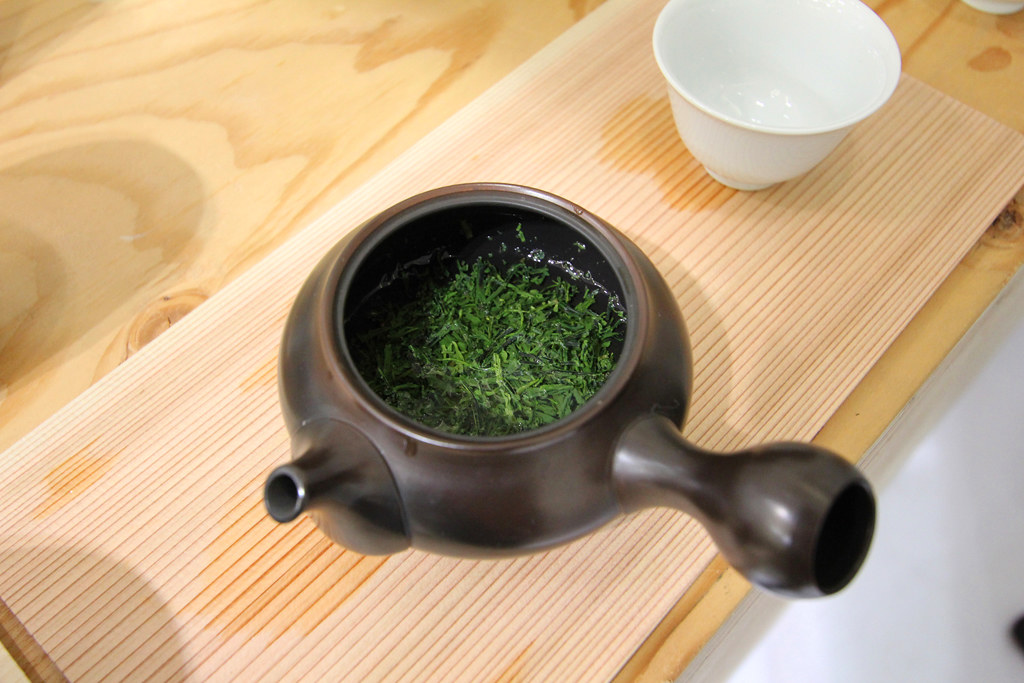


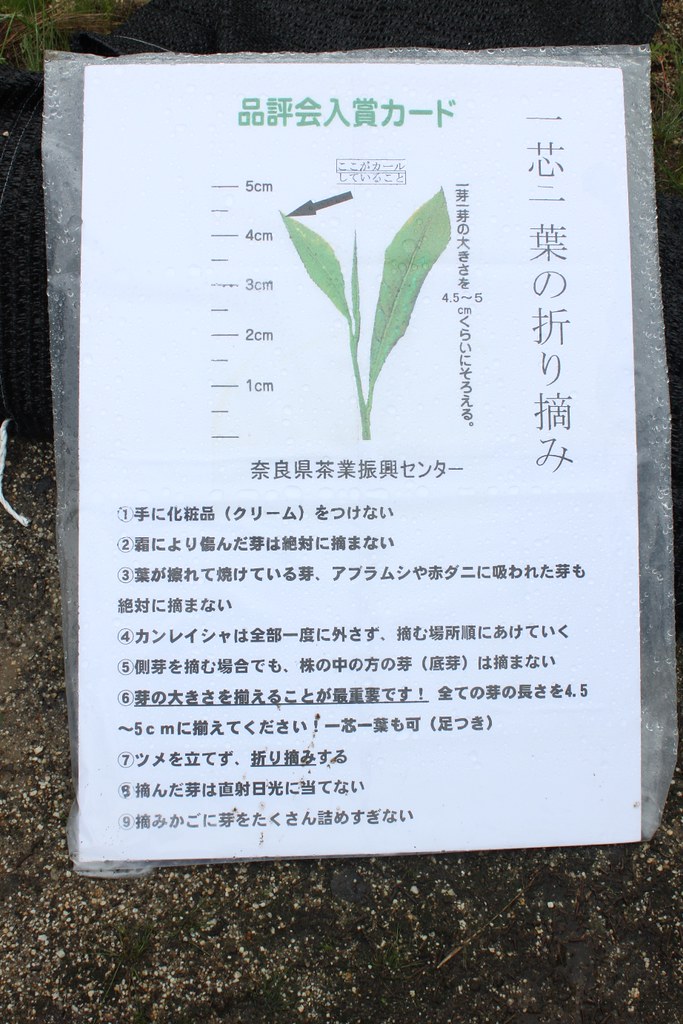
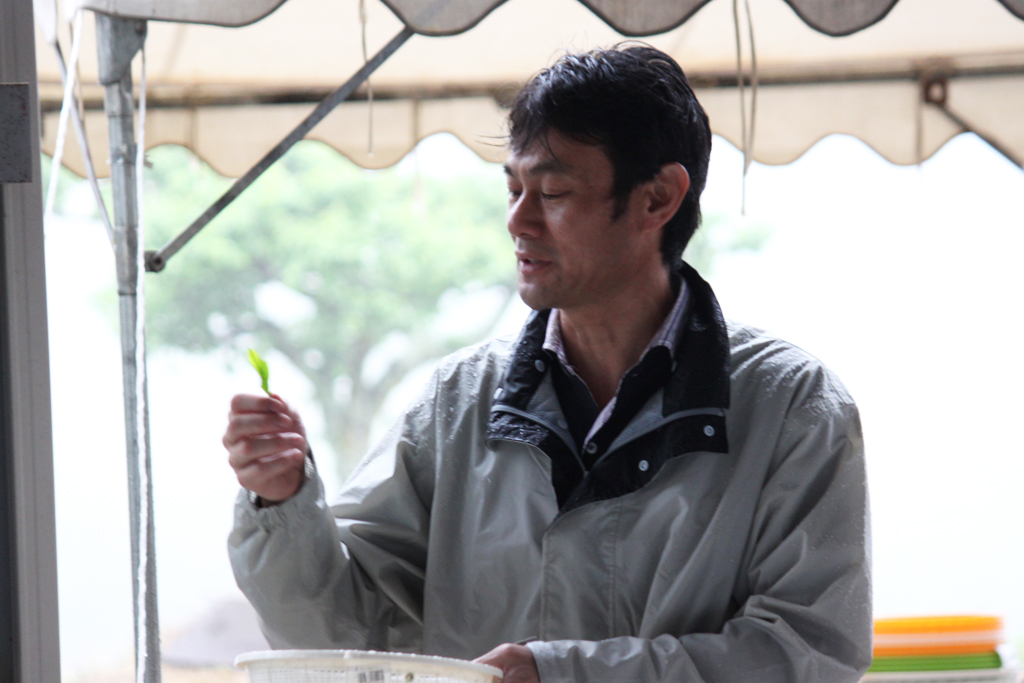

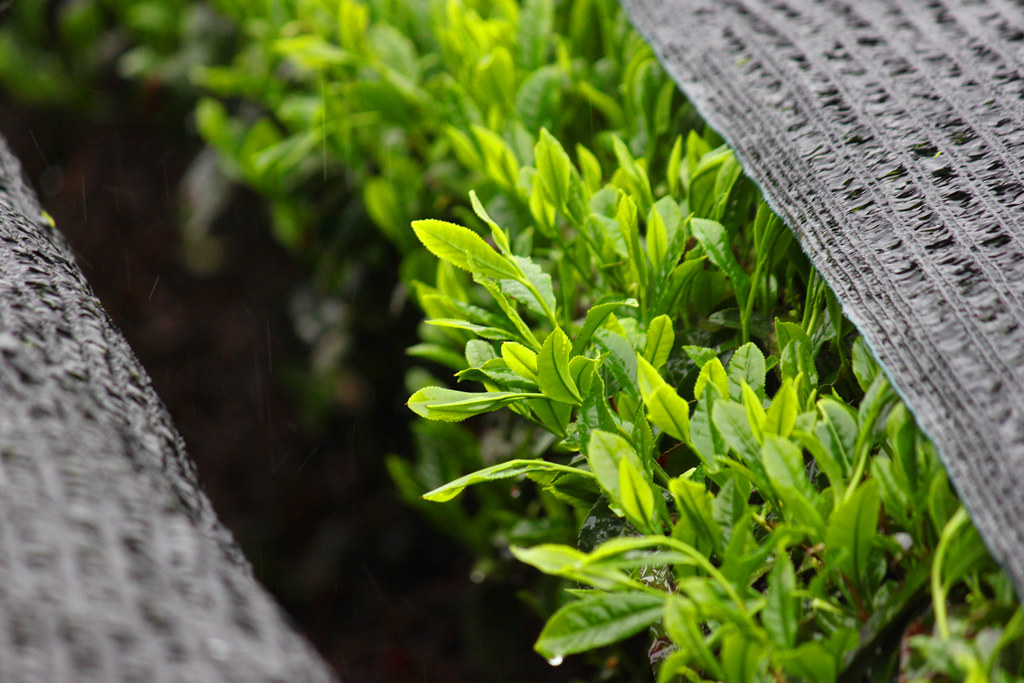

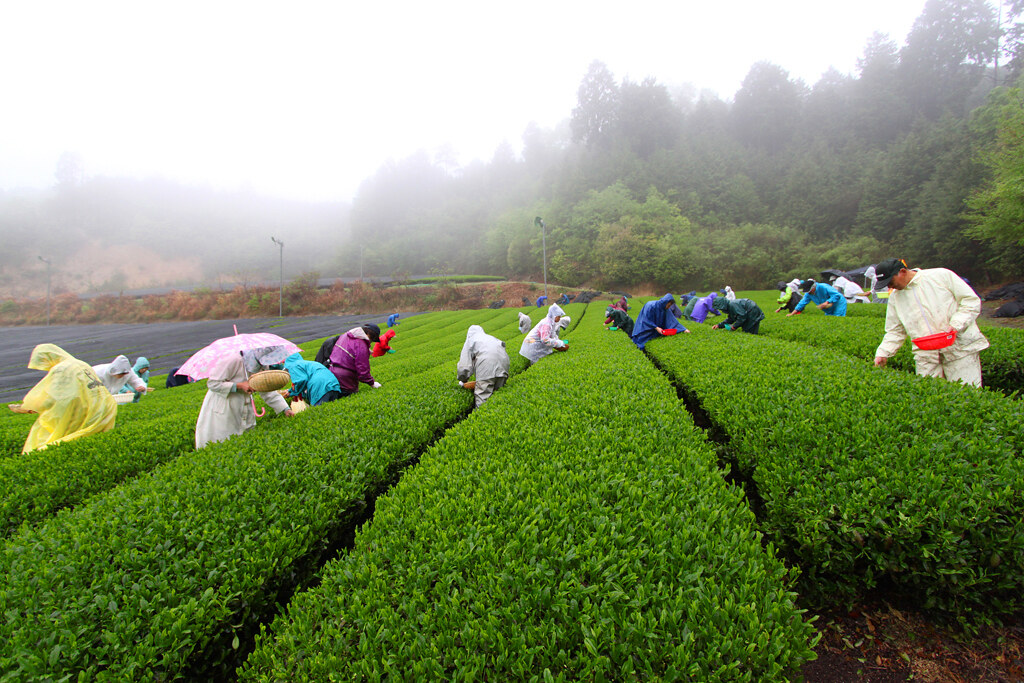
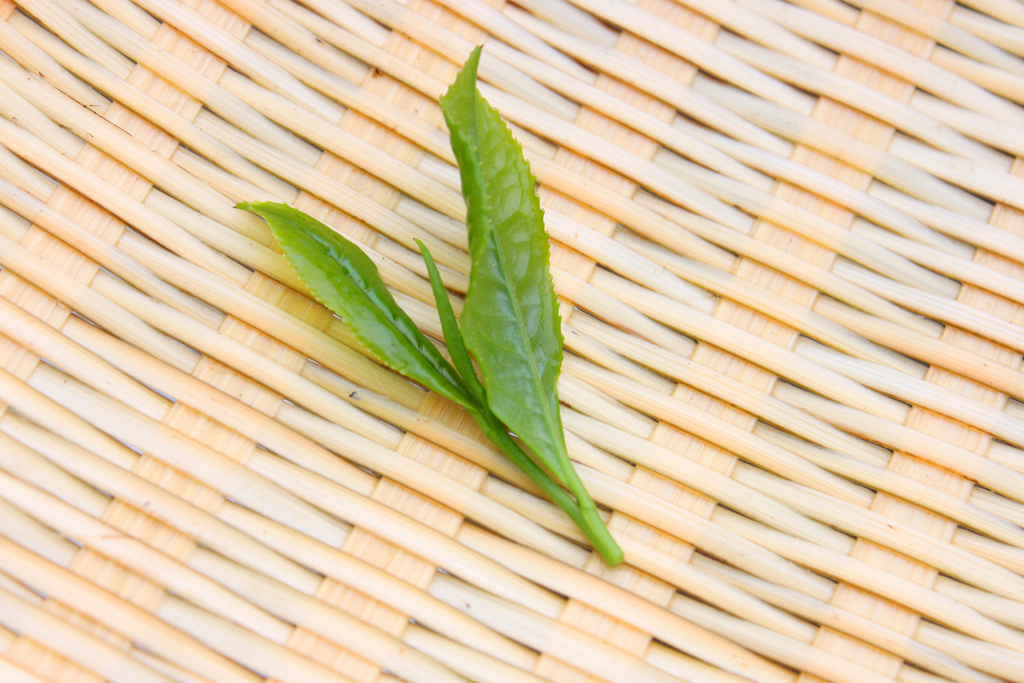
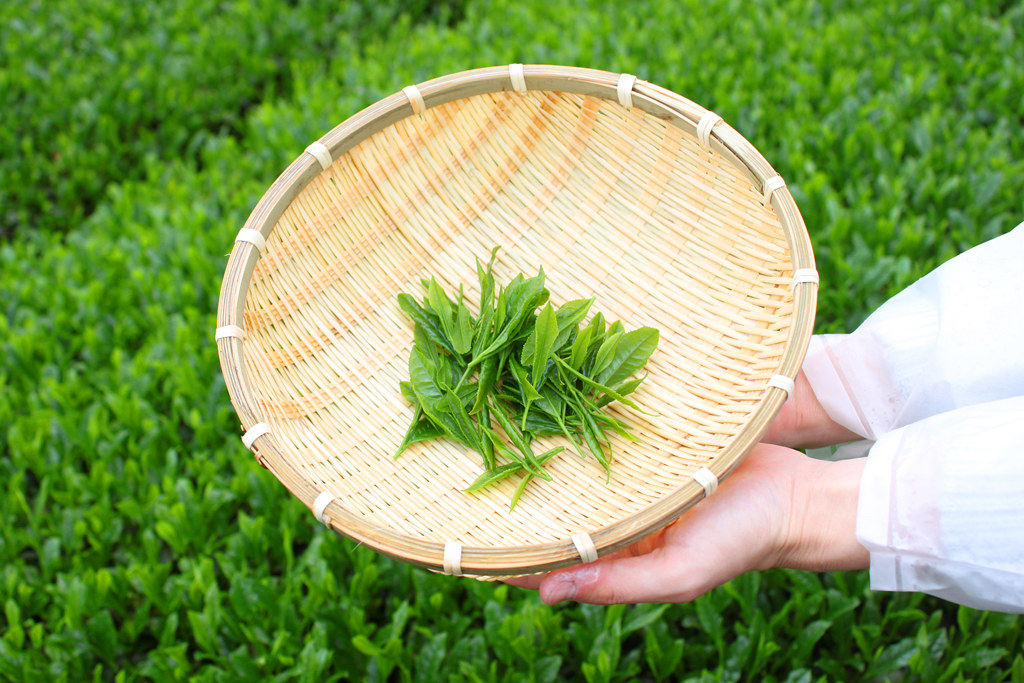


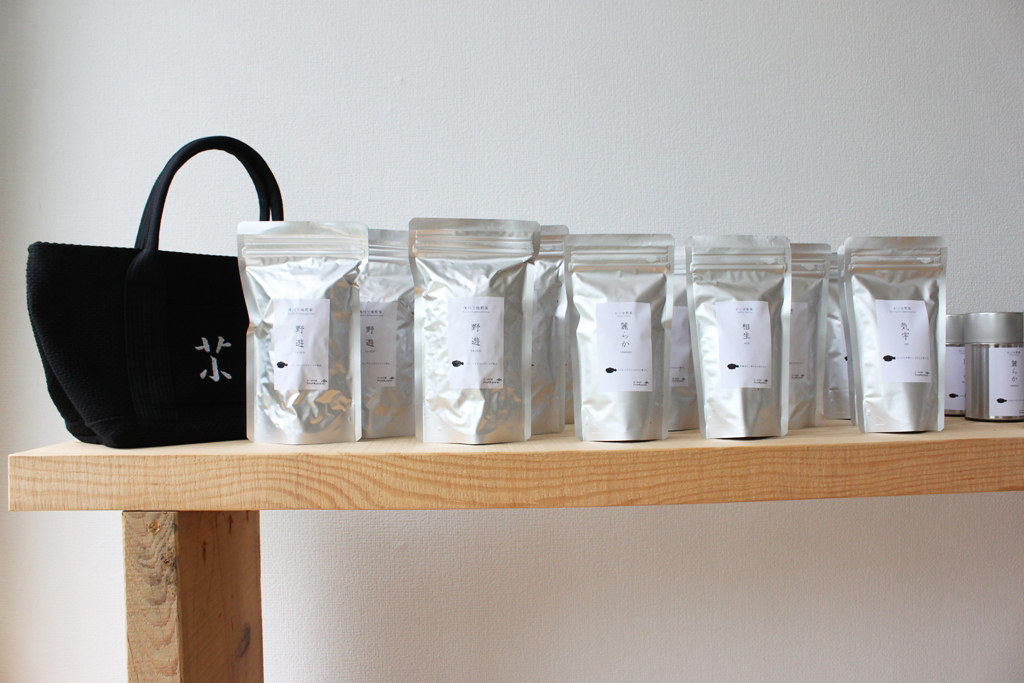

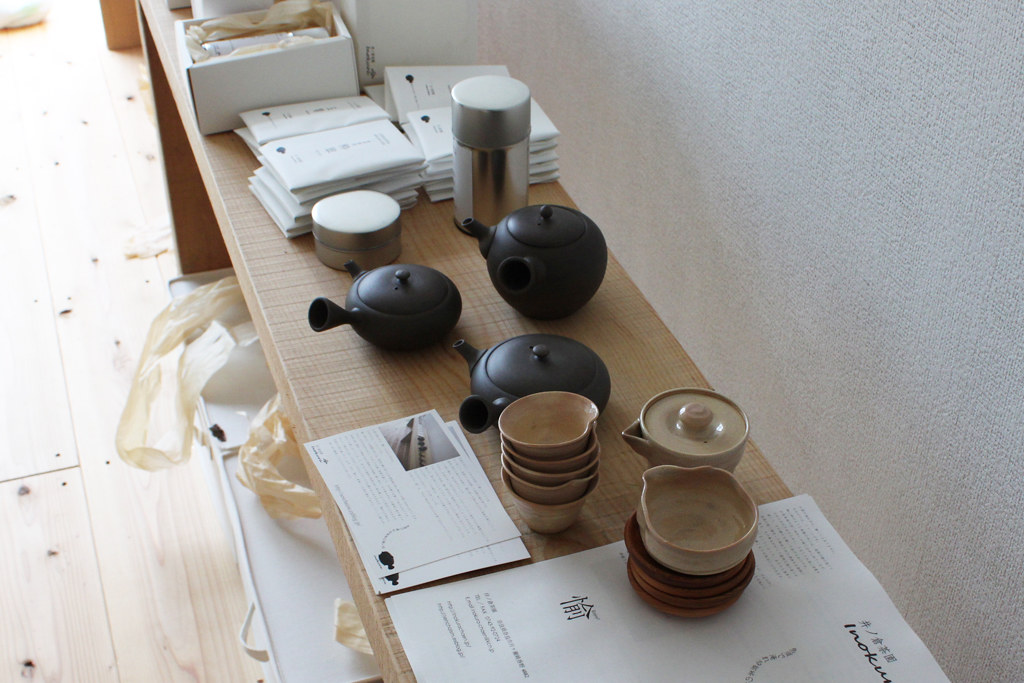

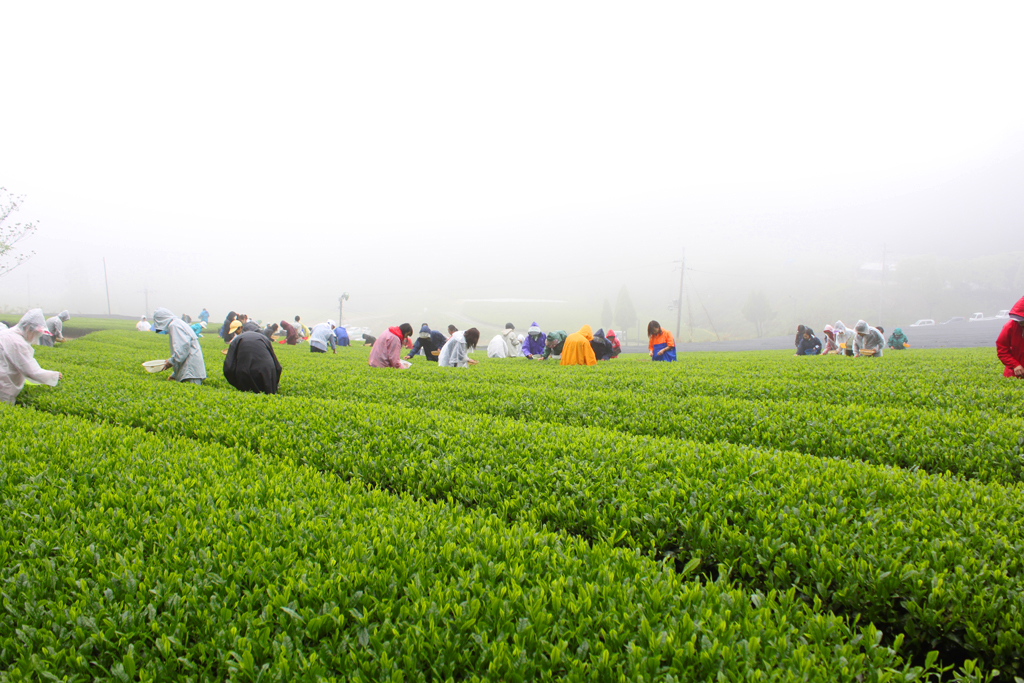











3 Comments
5жЬИ 26th, 2011 at 12:22 PM
Nihonno ochya wo nomitain desu…Kara okutte itadakemasen ka…Haha
9жЬИ 13th, 2011 at 4:58 PM
Is Inokura Tea Garden reachable by train from Kyoto? Thanks!
9жЬИ 13th, 2011 at 9:05 PM
>Jeffrey
You have to go to Nara by train and take the car to go to Inokura Tea Garden
Leave a Reply